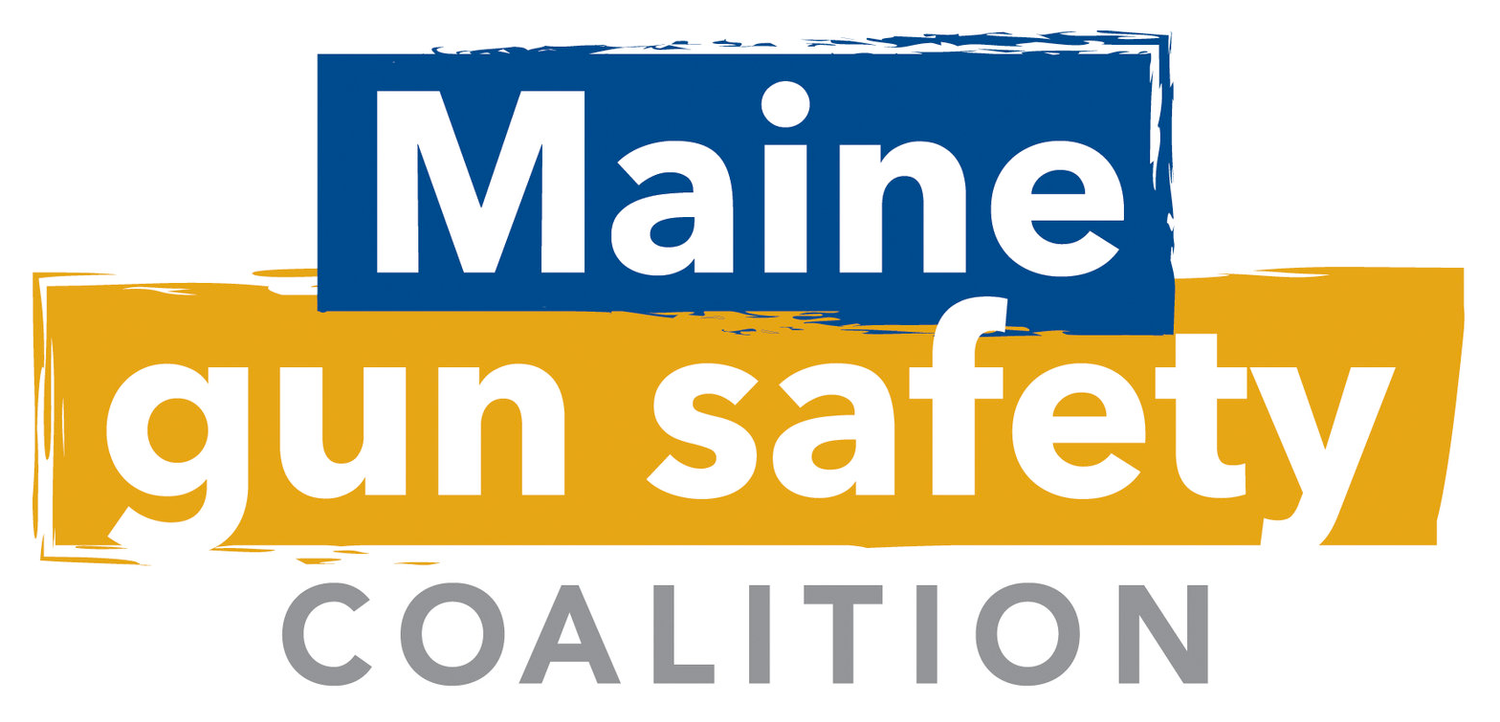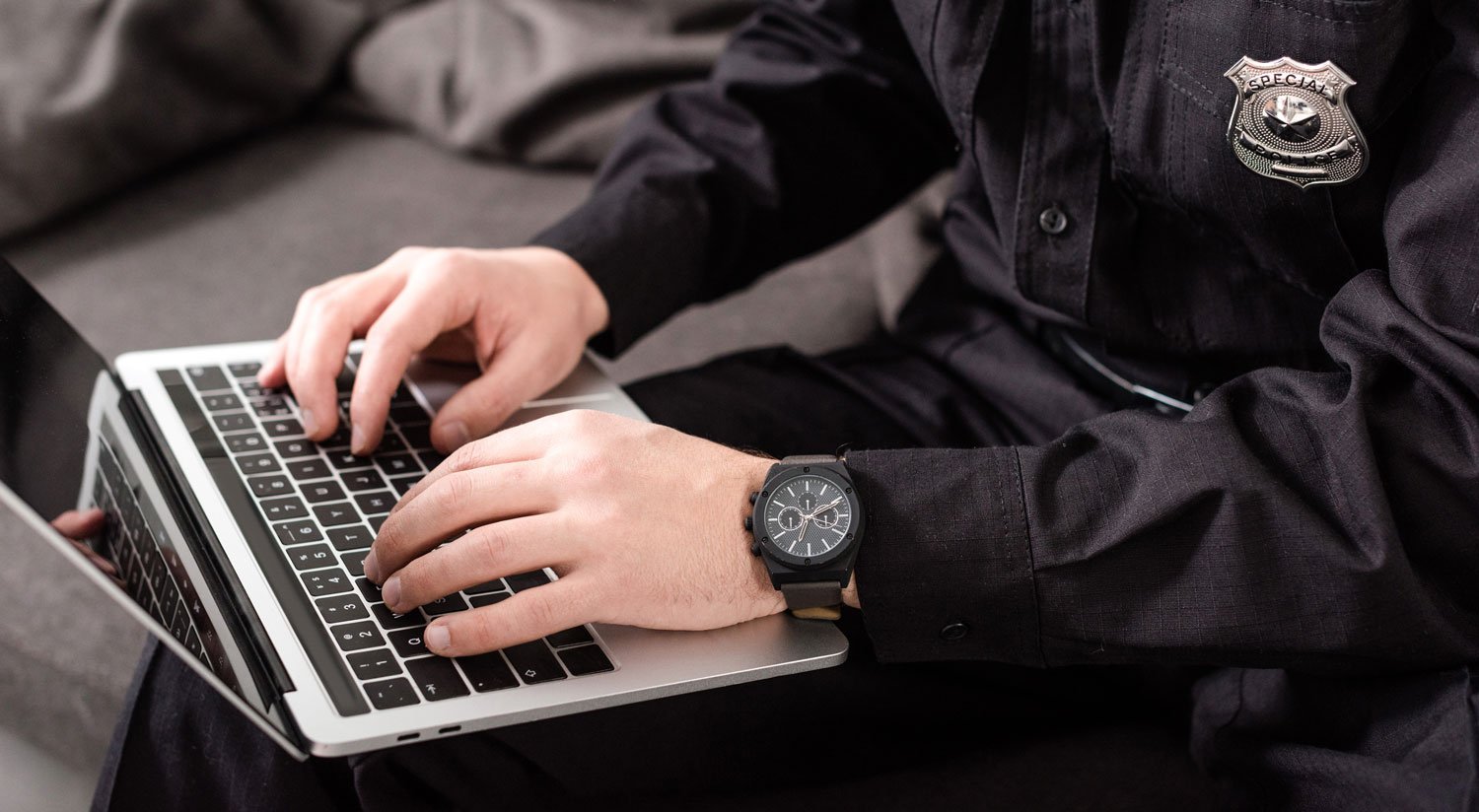Background Checks
Solution Needed
Background checks reduce gun violence and survey data shows Mainers overwhelmingly want stronger precautions. Every legislative session, MGSC works with one or more bill sponsors to introduce a bill to close the background check loophole. Every year, these bills come closer and closer to passage. But we need your help. Scroll down to find the status of our current law and its consequences.
Explanation of the issue
Maine law contains a dangerous loophole: If you buy a gun from a licensed gun dealer in a gun store, or a store that sells guns like LL Bean or Cabelas, you must undergo a background check as required by federal law to ensure that you may legally possess a gun. If, however, you buy a gun at one of the dozens of gun shows that take place around Maine every year, no background check is required. And if you purchase a gun from responding to an advertisement in a publication, like Maine’s own Uncle Henry’s, you also do not need a background check. Federal legislation passed in 2022 does not address this loophole.
This means that every year thousands of guns are sold in Maine without a background check, which means, in turn, every year guns are sold in Maine to those legally prohibited from purchasing them– convicted felons, those convicted of crimes of domestic violence, and those who have been involuntarily committed to a mental health facility. In 2016, a referendum that would have closed the loophole did not pass, primarily due to the view that the exceptions in the bill for transfers between families and hunting groups was not broad enough.
Consequences of the current law
Failure to do background checks contributes to gun-related tragedies.
First, a robust guns-for-drugs trade exists where narcotics, opioids, fentanyl and other illegal substances are trafficked into the state and traded for guns, or those traffickers easily purchase guns in the state with no background check, and with no questions asked. These practices greatly contribute to Maine’s opioid epidemic.
Second, because firearms are so plentiful and easy to obtain in Maine, Maine is a significant contributor to what is known as the “Iron Pipeline”– the flow of illegal guns from states like Maine in the north, and states with similarly lax laws in the south – to major Northeastern cities like New York City, Boston, and Philadelphia. These guns are then sold on the streets in illegal transactions and contribute to gun violence and homicides in these cities. Thus, while those opposing background checks argue places like New York City and Boston suffer from gun violence problems despite the strong gun laws in those states – in reality they suffer because states like Maine make it so easy to buy a gun, especially if you are a person prohibited from having a gun and transport it out of state.

